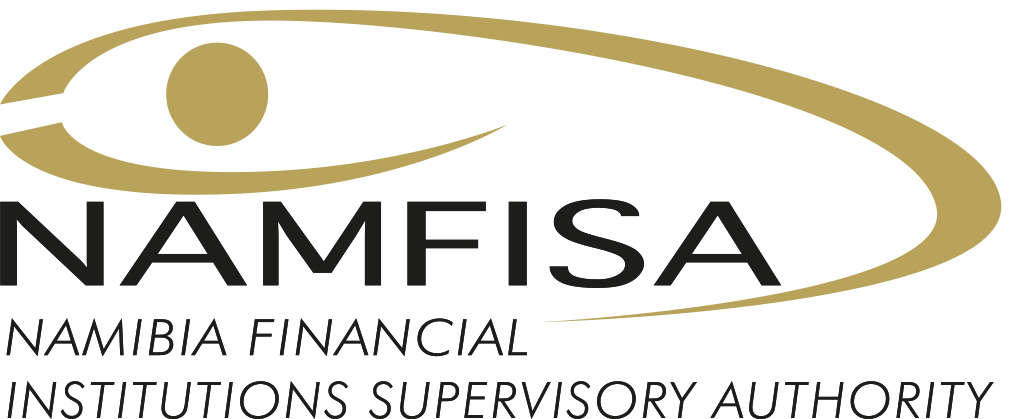NAMFISA's Role in Fighting Money Laundering
Money laundering is when criminals disguise the origins of illegally earned money by channeling it through legitimate purchases like cars, property, or businesses making it difficult to trace.NAMFISA is mandated to supervise financial institutions and advise the Minister of Finance, as outlined in the NAMFISA Act No. 3 of 2001. In addition, under Section 35 of the Financial Intelligence Act (FIA) No. 13 of 2012, NAMFISA serves as the Anti-Money Laundering (AML) and Combating the Financing of Terrorism (CFT) supervisor for accountable and reporting institutions within its jurisdiction.
NAMFISA is the designated Anti Money Laundering (AML) / Combatting the Financing of Terrorism (CFT) Supervisory body for accountable and reporting Institutions under its jurisdiction in terms of section 35 of the Financial Intelligence Act No. 13 of 2012 (herein referred to as the “FIA”) read with the Namibia Financial Institutions Supervisory Authority Act, 2001 (Act No. 3 of 2001). In terms of section 35 of FIA, NAMFISA’s role is to supervise, monitor and enforce compliance with the FIA, regulations, orders, circulars, notices, determinations and directives issued in terms of the FIA. NAMFISA exercises jurisdiction only over accountable and reporting institutions specified in Schedule 1 and 2 of the FIA.
NAMFISA is the designated Anti Money Laundering (AML) / Combatting the Financing of Terrorism (CFT) Supervisory body for accountable and reporting Institutions under its jurisdiction in terms of section 35 of the Financial Intelligence Act No. 13 of 2012 (herein referred to as the “FIA”) read with the Namibia Financial Institutions Supervisory Authority Act, 2001 (Act No. 3 of 2001). In terms of section 35 of FIA, NAMFISA’s role is to supervise, monitor and enforce compliance with the FIA, regulations, orders, circulars, notices, determinations and directives issued in terms of the FIA. NAMFISA exercises jurisdiction only over accountable and reporting institutions specified in Schedule 1 and 2 of the FIA.
Money laundering is the process whereby criminals take the money they make from
their criminal activities and perform one or more transactions with it so that in the end
the criminal origins of that money is concealed.
One way criminals launder money is by using the money earned from illegal activities
to buy things like cars, property, shares or other legitimate business activities like liquor
stores. The criminals then sell those items to get the money back or buy and sell things
many times. This makes it hard for the police to find out where they got the money.
What Does NAMFISA Do?
- Supervises and monitors compliance with the FIA and related regulations
- Enforces AML/CFT laws for entities listed in Schedules 1 and 2 of the FIA
- Provides oversight through directives, notices, and other official instruments
If you have concerns or wish to file a complaint, contact NAMFISA:
(061) 290 5000 (main) or 290 5133 (Ms Marina
K. Ishidhimbwa) or 290 5207 (Ms Hilka Alberto), Fax: (061) 290 5122; for online
complaints email complaints@namfisa.com.na; visit www.namfisa.com.na or visit us
on the: 6th Floor, Alexander Forbes House, 154 Independence Avenue, Windhoek.
* NAMFISA treats all information obtained from the public
with confidentiality.
Issued by:
Phillip N. Shiimi
CHIEF EXECUTIVE OFFICER
